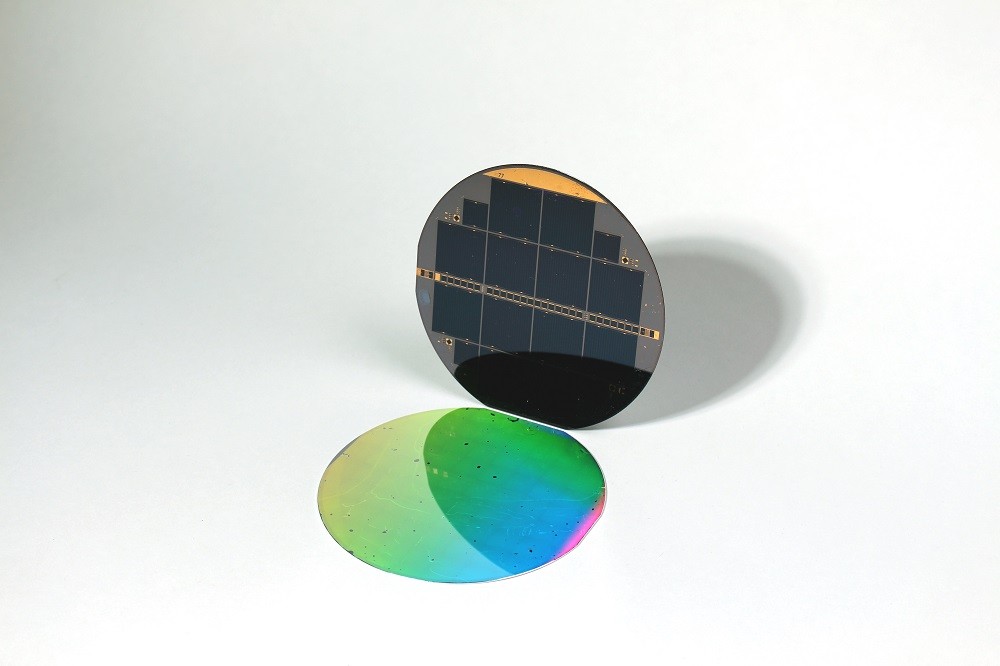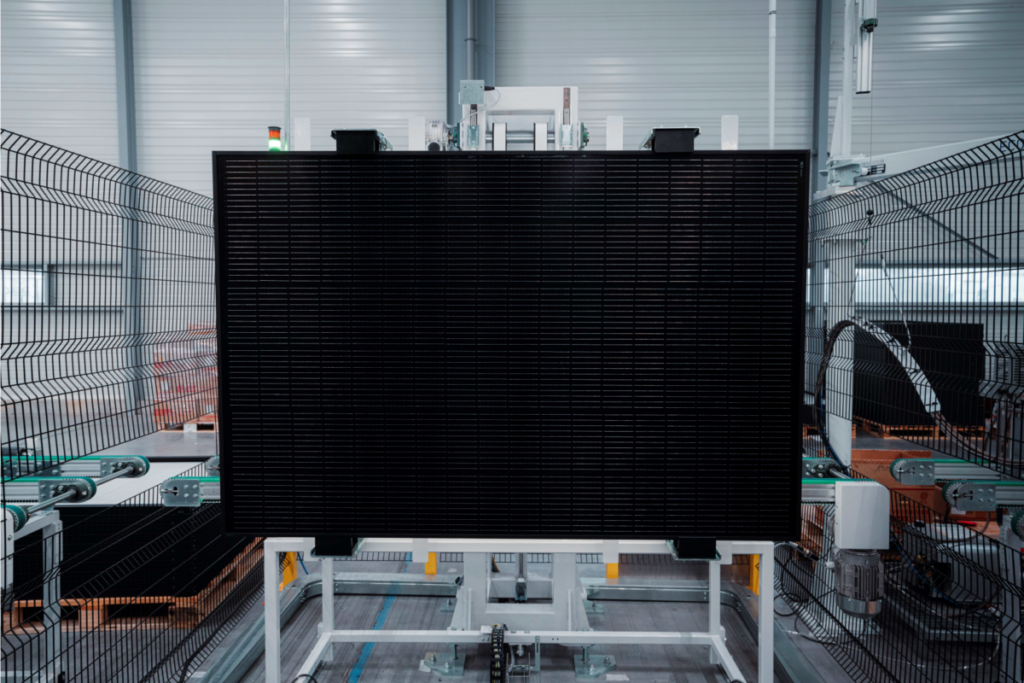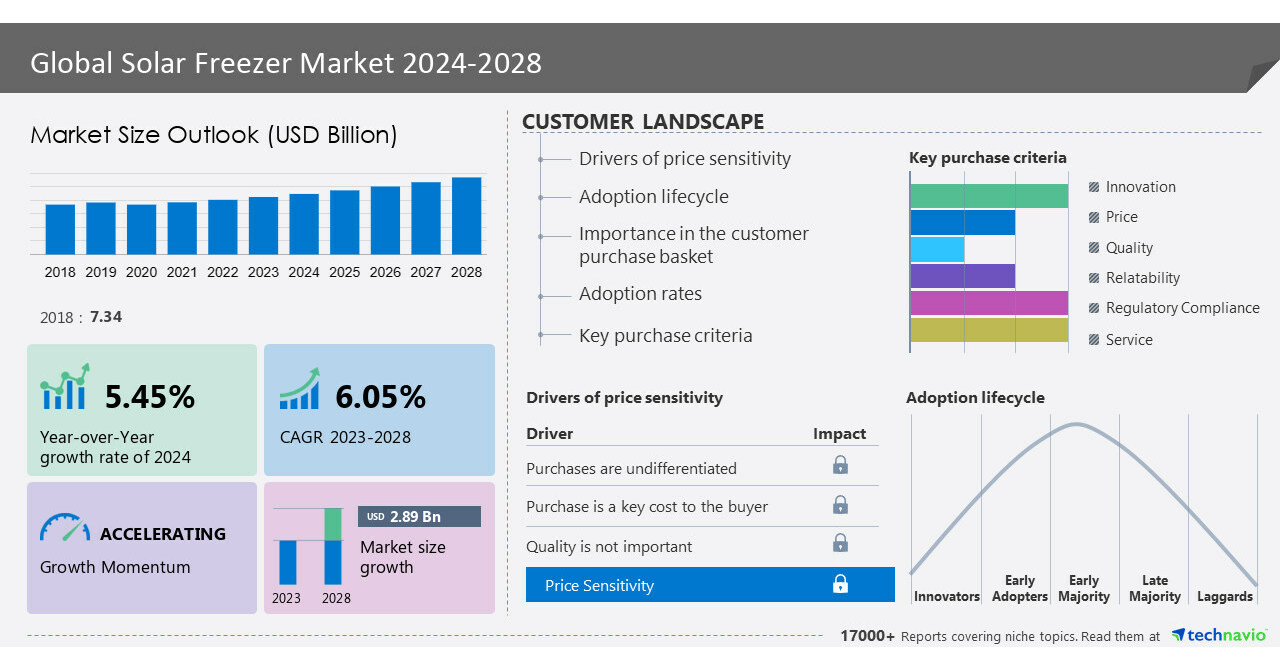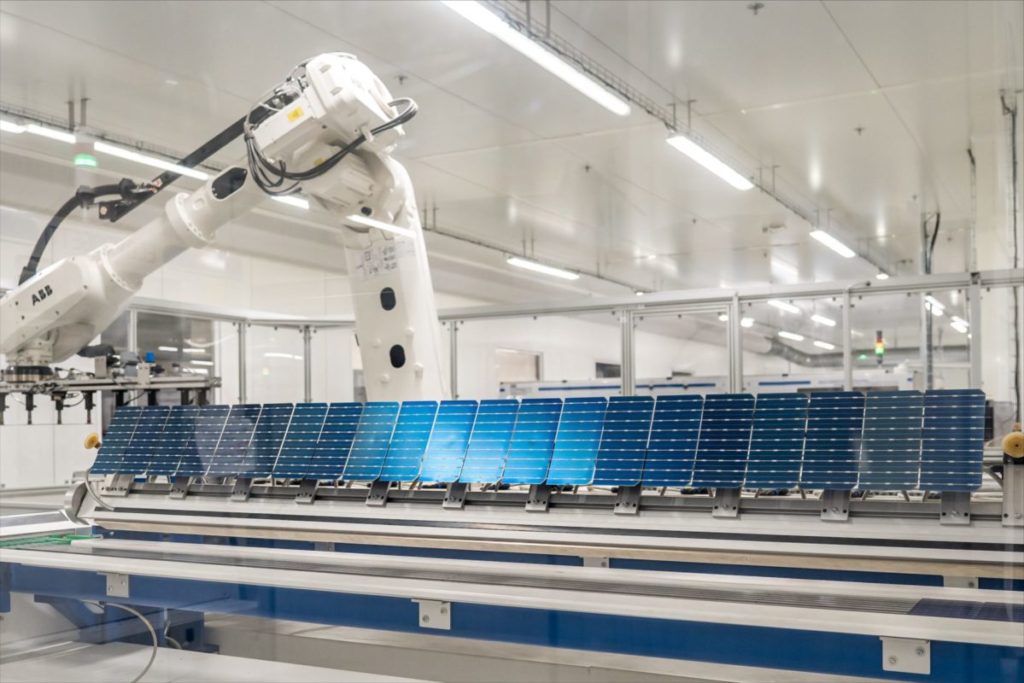UC Santa Cruz’s Assistant Professor of Electrical and Computer Engineering, Yu Zhang, and his team have introduced an artificial intelligence (AI)-based strategy to optimize microgrid performance for efficient power restoration during outages. Published in the IEEE Transactions on Control of Network Systems, the research showcases the AI model’s superiority over traditional techniques.
Microgrids: Shaping the Future of Power Distribution Systems
Microgrids, particularly vital in the era of smart power distribution, offer localized electricity distribution. In emergencies, these grids, equipped with renewables, generators, and batteries, function independently, ensuring a continuous power supply while disconnected from the main utility.
AI-Powered Microgrid Optimization: Revolutionizing Power Restoration
Zhang’s lab employs deep reinforcement learning, a form of AI, to develop an efficient framework for microgrid optimization. By modeling various components and real-world constraints, the approach, known as constrained policy optimization (CPO), adapts to dynamic conditions, outperforming traditional methods, especially during unpredictable renewable energy forecasts.
Real-world Implementation and Future Prospects
The success of their CPO approach was highlighted when the team secured first place in the global L2RPN Delft 2023 competition. With simulations proving effective, the researchers now aim to test their model on lab microgrids and, eventually, implement it in UC Santa Cruz’s campus energy system. This breakthrough signifies a potential shift for large-scale grid operators towards AI and renewable energy techniques.
Source:miragenews.com





